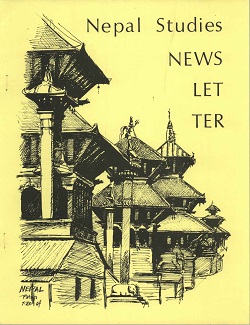Author Biography
Hafsa Kanjwal is an Assistant Professor of South Asian History at Lafayette College, in Easton, Pennsylvania. She received her PhD in History and Women’s Studies from the University of Michigan, Ann Arbor in 2017. Her research is on state formation in the post-Partition period in Kashmir.
Abstract
This article examines the political subjectivities of the first generation of post-Partition Kashmiri Muslims and presents their life narratives, both written and oral, as an important vantage point from which to understand shifts in Kashmiri Muslim society in the early post-Partition period. It also explores how these narratives are mediated by the respondent's present, a period after the militancy of the late eighties and nineties, but one in which there remains a mass uprising against Indian rule. This generation was important for a number of reasons. One, they witnessed the erosion of Kashmir’s autonomy and the promises of a plebiscite, as well as intense political repression. Two, they were enlisted in the project of state reform and nation building, and thus, effectively participated in those same processes of erosion. As a result, I argue that the conditions and uncertainty surrounding the Kashmir ‘dispute” led to a political subjectivity that sought coherence amidst contradiction and incommensurate political and ideological commitments. In particular, this coherence was reflected in the desire to assert and foreground a Kashmiri Muslim identity, one that existed alongside other class, regional and gendered identities, but was nonetheless sharpened as a political community. I conclude with a reflection on the importance of this generation to understanding the making of political subjectivities in Kashmir today.
Creative Commons License

This work is licensed under a Creative Commons Attribution-Noncommercial-No Derivative Works 4.0 License.
Recommended Citation
Kanjwal, Hafsa. 2018. Reflections on the Post-Partition Period: Life Narratives of Kashmiri Muslims in Contemporary Kashmir. HIMALAYA 38(2).
Available at:
https://digitalcommons.macalester.edu/himalaya/vol38/iss2/9


